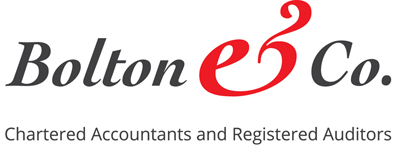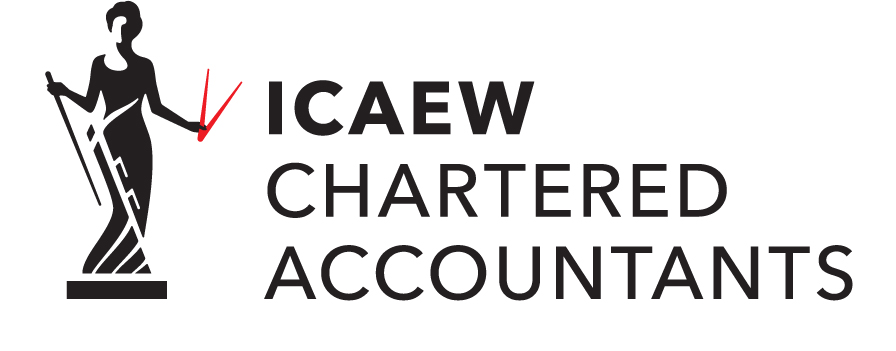2022 Autumn Statement
This budget is all about Fiscal Drag so I will start by defining this.
Fiscal drag is where inflation moves taxpayers into higher tax brackets. This increases government tax revenue and promotes deflation.
With the above in mind many of the most significant tax changes are those that will go unnoticed as they rely on inflation. This phenomenon has always existed but in recent low inflation times it has been less relevant. With inflation at around 10% these changes become very significant especially when stretched over a number of years.
Frozen allowances or reduced allowances
- Personal allowances and higher rate tax and other thresholds frozen until 2028!
- CGT allowance reduced from £12k to £3K creating extra reporting requirements.
- Dividend allowance reduced from £2K to £500 largely defeating its purpose when introduced at £5,000 in 2017-18
- Additional rate threshold reduced to £125,140 from £150,000
- National insurance threshold frozen until 2028
- VAT threshold frozen until March 2026
- Inheritance Tax threshold frozen at £325,000 until 2028 the same level as in 2009-10
Tax Increases
- From 1/4/2023 Research and Development tax credits and allowances reduced to combat fraud. RDEC for large companies increased from 13% to 20% but SME deduction down from 130% to 86% and SME Credit down from 14.5% to 10%.
- Additional tax on tech companies to raise £2.8billion
- Additional tax on energy companies to raise £14billion
- Business rates revaluations in April 2023 likely to raise taxes
- New electric car charges in VED from 2025 to £165 for cars registered between 2017-2025 and £290 for vans. Electric company car tax to increase to 5% BIK
Spending changes
- National living wage increased by 9.7% will drag more into higher tax bands
- Universal Credit & Pension Credit up 10%
- Help for energy bills extended at significant cost
- Increases in NHS and Education spending
Highlight figures
- Corporation Tax increase to 25% (26.5% marginal rate for many) to raise £83 Billion.
- NI reversal to cost £18 Billion but NI threshold freeze to raise £25 Billion
Overall the budget is likely to steady the markets as it will be seen to be good for the government’s budget deficit. However, the longer-term implications are that growth will be hampered leading to greater deficits due to lower overall government receipts. My comments in my 2021 Spring Budget blog regarding Corporation Tax are still key as that rise now appears guaranteed.
As ever there are steps that can be taken to reduce exposure to many of the increases, but no steps should be taken on the above without seeking advice.

